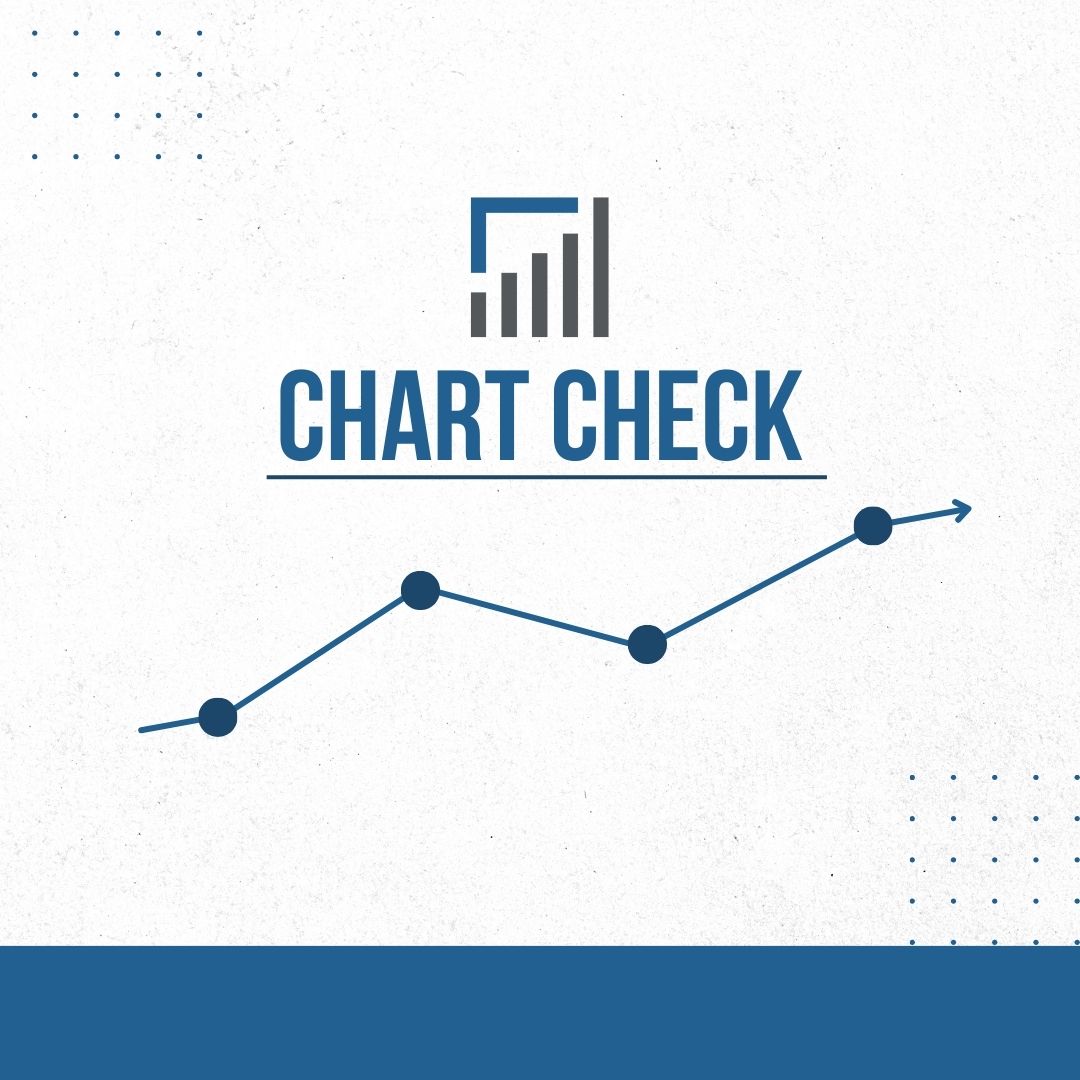You’ve just finished filing a tax return. With a sense of relief, you set aside a copy of your return and your supporting documents. But what do you do with them then?
Of course, the first step is to keep your tax records in a safe, convenient place. You may need to refer to them for any number of reasons—for example, for future filings or when you are seeking credit. Then, too, you’ll need easy access if you face an audit from the IRS.
The following suggestions will help you compile the best and most complete records.
What to Keep
First, there are the basic records that you will want to have on hand. Records of your income: Form(s) W-2, Form(s) 1099, and bank statements. Expense records should include sales slips, invoices, receipts, canceled checks, or other payment proofs.
Among the investment records that you’ll want to keep are the following: brokerage statements, mutual fund statements, Form(s) 1099, and Form(s) 2439 (Notice to Shareholder of Undistributed Capital Gains). Keep year-end account summaries and deposit receipts for any IRA or Keogh contributions.
Your records enable you to determine your basis in an investment and whether you have a gain or loss. Records should show the purchase price, sales price, and commissions paid. They also may show any reinvested dividends, stock splits, dividends, load charges, and original-issue discounts. If you have real estate investments, you must keep copies of all the regular and extraordinary expenses associated with the properties.
How Long to Keep It
According to the Tax Code, you are required to keep copies of your tax return and all support as long as they may be needed for the administration of any provision in the law. Typically, that means for as long as the IRS has the right to assess additional tax on your return, or you have the right to amend your return to claim a credit or refund (“the period of limitations”).
There are several periods of limitations. One is a three-year period that applies generally. Another six-year period applies when you don’t report income that you should and that income is more than 25% of the gross income shown on your return. If the return is fraudulent, or you fail to file a required return, there is no limit as to when the IRS can require you to provide it with information.
Recordkeeping for Homeowners
Determining your basis (cost) in your home will be extremely important to determine the gain or loss when you sell your home (or to calculate depreciation if you use part of your home for business purposes).
Therefore, your records should enable you to determine your basis and any adjustments to your basis. Your records should show the original purchase price of your home and settlement or closing costs. They also may show any casualty losses incurred, insurance reimbursements for casualty losses, and postponed gain from the sale of a previously owned home.
Be sure to keep a file of bills on what improvements you’ve made to your home each year. Generally, the costs of improvements—changes that add value to your home, prolong its life or adapt it to new uses—may be added to the basis of your home. Repairs and general fix-up costs may not be.
If you are a Legacy client and have questions, please do not hesitate to contact your Legacy advisor. If you are not a Legacy client and are interested in learning more about our approach to personalized wealth management, please contact us at 920.967.5020 or connect@lptrust.com.
© 2023 M.A. Co. All rights reserved.
Any developments occurring after July 1, 2022, are not reflected in this article.
This newsletter is provided for informational purposes only.
It is not intended as legal, accounting, or financial planning advice.




